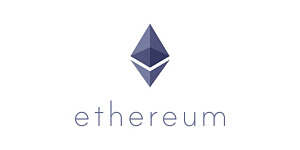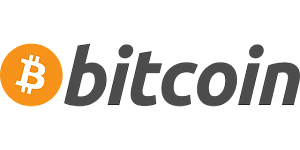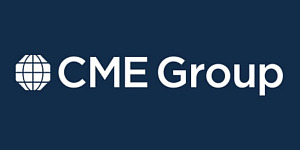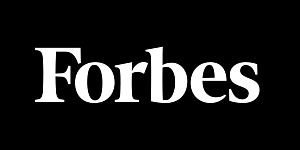Malaysia (A3 stable) and Indonesia (Baa3 stable) continue to regularly issue long-term sovereign sukuk while Gulf countries have favoured conventional debt structure to finance their deficit, says Moody's Investor Services. On balance, Moody's Investors Service considers that issuance levels will be in line with historical levels and may approach $28 billion in 2016.
"The robust pipeline of issuances planned for the rest of 2016 points to a stable flow of sovereign sukuk this year," says Mathias Angonin, an Analyst at Moody's.
"While the governments of Cote d'Ivoire, Senegal and Sharjah returned to the sovereign sukuk market in 2016, issuance volumes are primarily supported by more regular issuers, such as Indonesia, Malaysia and Turkey, whose annual borrowing requirements have featured Shariah-compliant instruments for several years," says Gabriel Torres, a Vice President and Senior Credit Officer at Moody's.
Moody's report, entitled "Sukuk-Issuing Sovereigns -- Global - Sovereign Sukuk Issuance Remains Stable Amid Lower Corporate Sukuk Issuance" is available on www.moodys.com. Moody's subscribers can access this report via the link provided at the end of this press release. The rating agency's report does not constitute a rating action.
As oil prices dropped and deficits soared, Moody's says Gulf Cooperation Council (GCC) countries have favored conventional structures over sukuk. Even so, sovereign sukuk issuance continues: so far in 2016, the government of Oman (Baa1 stable) issued its first sukuk, while Sharjah (A3 stable) issued its second. Overall, the GCC sovereign sukuk market remains dominated by Qatar (Aa2 negative), the most active and regular issuer of long-term sovereign sukuk in the GCC.
The rating agency says the choice between conventional and Islamic issuance depends on the investor base. Malaysia has already developed a deep and mature Islamic finance market, while Indonesia has been the most regular issuer of sovereign sukuk in international markets. In the GCC, deposit growth (and therefore liquidity levels) has been higher among Islamic banks than conventional banks, but GCC financial institutions are constrained by the scarcity of highly rated Shariah-compliant assets, including sovereign sukuk.
Sub-Saharan African (SSA) sovereigns continue to ramp up issuance. Senegal (B1 positive), Côte d'Ivoire (Ba3 stable) are among a handful of new sovereign sukuk issuers, while Nigeria (B1 stable) is stepping up volumes. SSA sovereign sukuk issuance is likely to remain active as governments set up regulatory frameworks for a retail Islamic banking sector and test market appetite.
























































